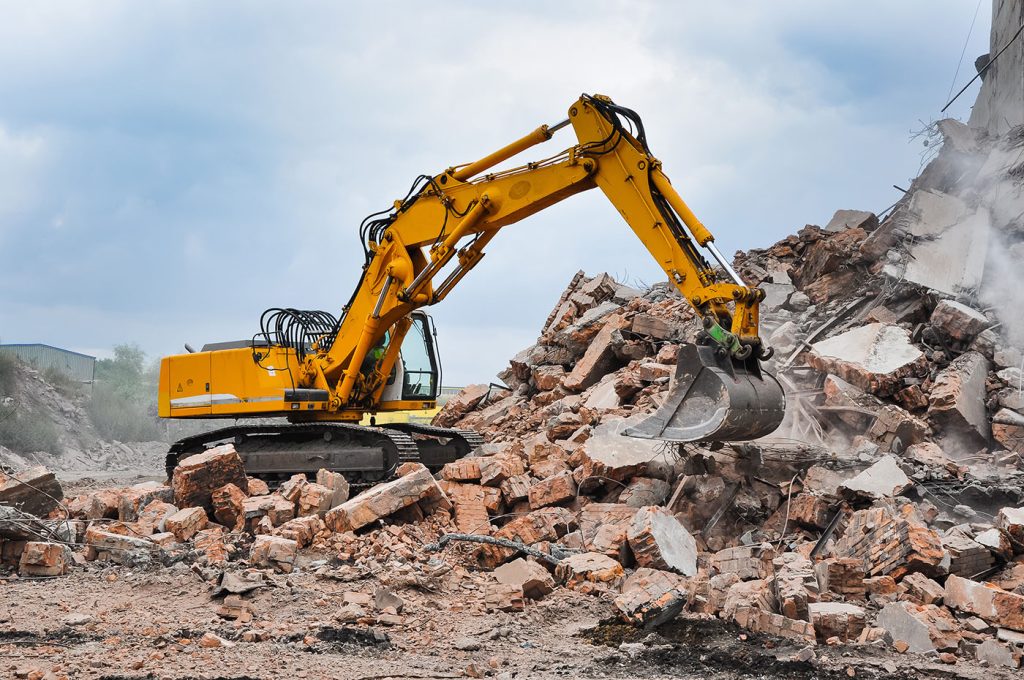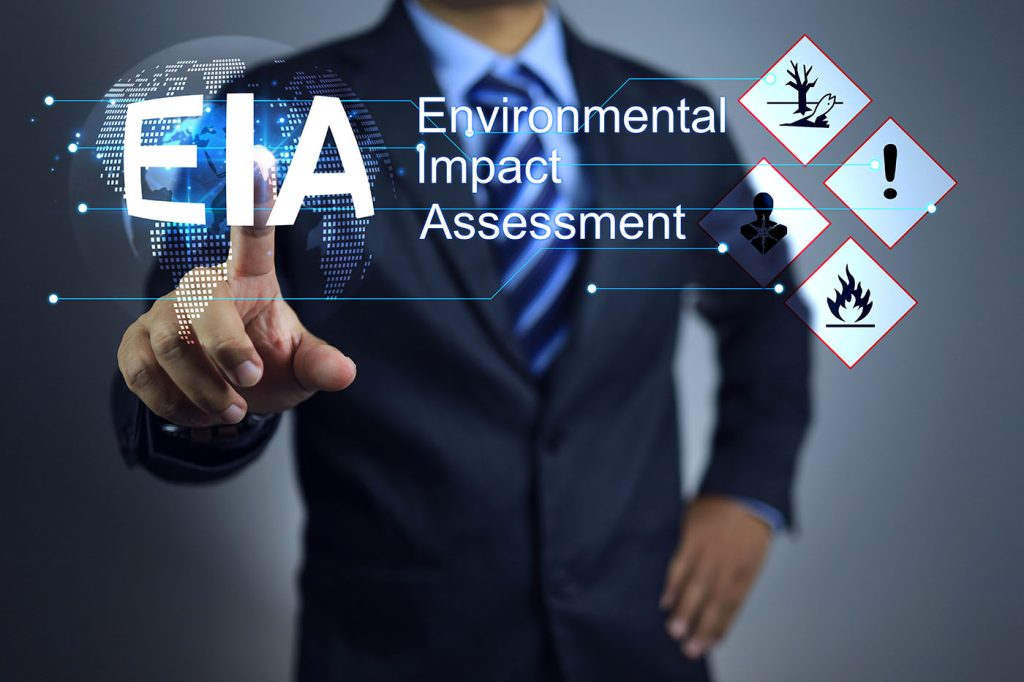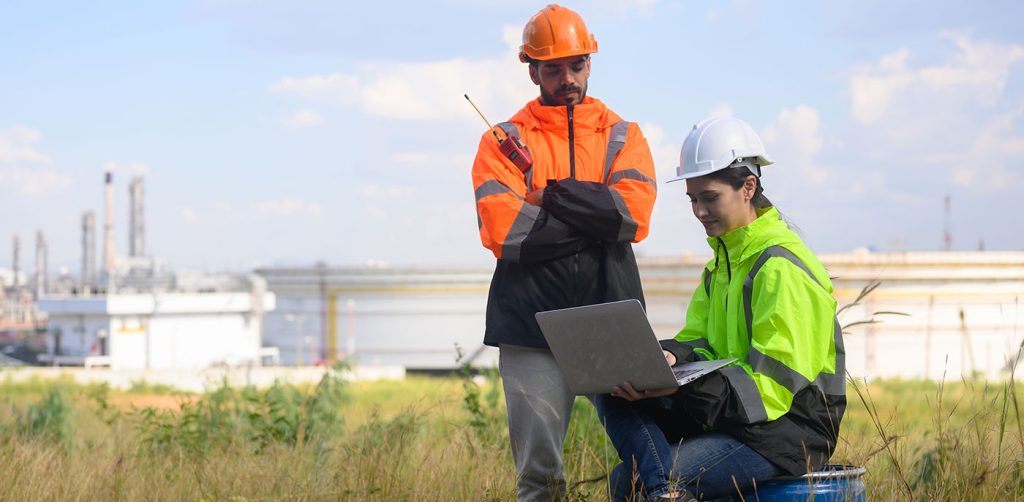How Online Training Can Improve Construction Site Compliance

Virtual training offers several compelling advantages for improving compliance on construction sites. By combining interactive technology with expert instruction, it helps workers understand complex regulations, apply safety standards effectively, and maintain consistency across projects. Here’s how online training can improve construction site compliance. Enhanced Understanding and Retention: Interactive Learning: Virtual training can include quizzes, simulations, […]
How to Track and Reduce Construction Waste Using SitePlan

SitePlan is your all-in-one, easy-to-use, and cost-effective online tool for managing construction waste efficiently. It helps you create compliant Site Waste Management Plans (SWMPs) and Site Resource Management Plans (SRMPs) in just a few minutes.. It shows how to track and reduce construction waste efficiently. In addition, the platform automatically calculates your carbon footprint and […]
Pre-Demolition Audit Success: Regeneration Scheme in North London

Project Overview WPSCC were first contacted by a leading national property developer in March 2024, to produce a Pre-Demolition Audit. WPSCC visited a large estate comprising several buildings across multiple streets as part of a major regeneration scheme in North London. We had the opportunity to access the site and conducted a thorough inspection of […]
Understanding Environmental Impact Assessment in Construction

What is Environmental Impact Assessment (EIA)? EIA is a multi-staged process that evaluates the environmental impacts of a proposed project or development on the environment, people and society. Through EIA, measures to reduce or avoid impacts can be found in addition to finding reasonable alternatives to the project. The output of an EIA is an […]
How to achieve BREEAM accreditation for your project

What is BREEAM? BREEAM is the Building Research Establishment Environmental Assessment Method, utilised in master planning projects, buildings, and infrastructure. This sustainability assessment method was established in 1990 by the Building Research Establishment (BRE) and can be applied to refurbishment schemes or new developments. The standards for environmental performance of buildings through each phase of […]
A Guide to Circular Economy in the Built Environment

The circular economy priorities the reuse of materials in order to prevent the exacerbation of natural resources and the quantity of useable materials that end up in landfill. It can be classed as an economic model that builds system health by decoupling economic activity from the consumption of finite resources. Lifestyle and global demographic […]
Navigating the UK Environmental Permitting Regulations (EPR)

An environmental permit is required under the Environmental Permitting (England and Wales) Regulations 2016. A Permit allows the Operator to carry out various activities that may have an impact on the environment and human health. An operation’s impact on the environment, human health, and quality of life will be minimised as a result of having […]
The Role of Environmental Consultancy in Modern Construction

What does an environmental consultancy do? An environmental consultancy is an organisation that specialises in offering expertise and solutions related to environmental challenges. Their scope of work often includes conducting environmental impact assessments (EIAs), monitoring air and water quality, managing waste, and developing strategies for reducing carbon emissions. These consultancies act as intermediaries between businesses […]
Why is Waste Management Important in Construction?

One of the major byproducts of construction is construction waste which includes demolition debris, excess soil, packaging, extra materials, etc. Inefficient waste management practices on construction sites can lead to increased project costs, delays, and negative environmental impacts, such as increased landfill usage and resource wastage. As construction industry professionals are increasingly aware of the […]
What is a Pre-Refurbishment Audit, and when should it be completed?

Pre-Refurbishment Audits identify opportunities for reclamation, re-use and recycling from a refurbishment process. The end report will provide you with a graphical display of the waste arisings that can be expected from the process, along with a list of recommendations for reducing your waste disposal costs. Pre-Refurbishment Audits are prepared to the ICE Demolition Protocol standard and […]
